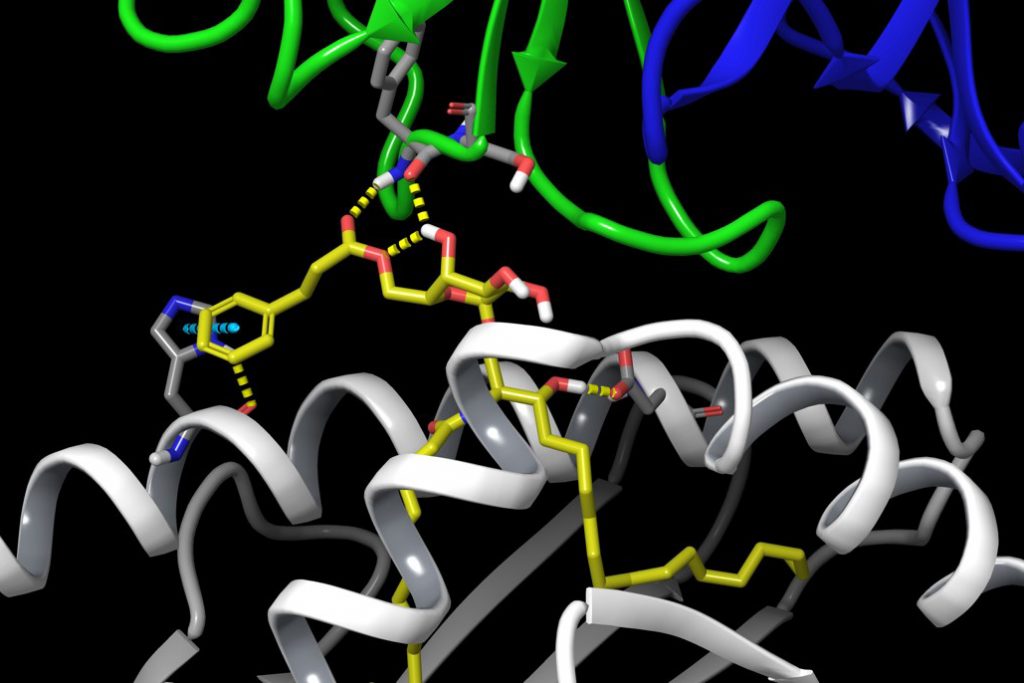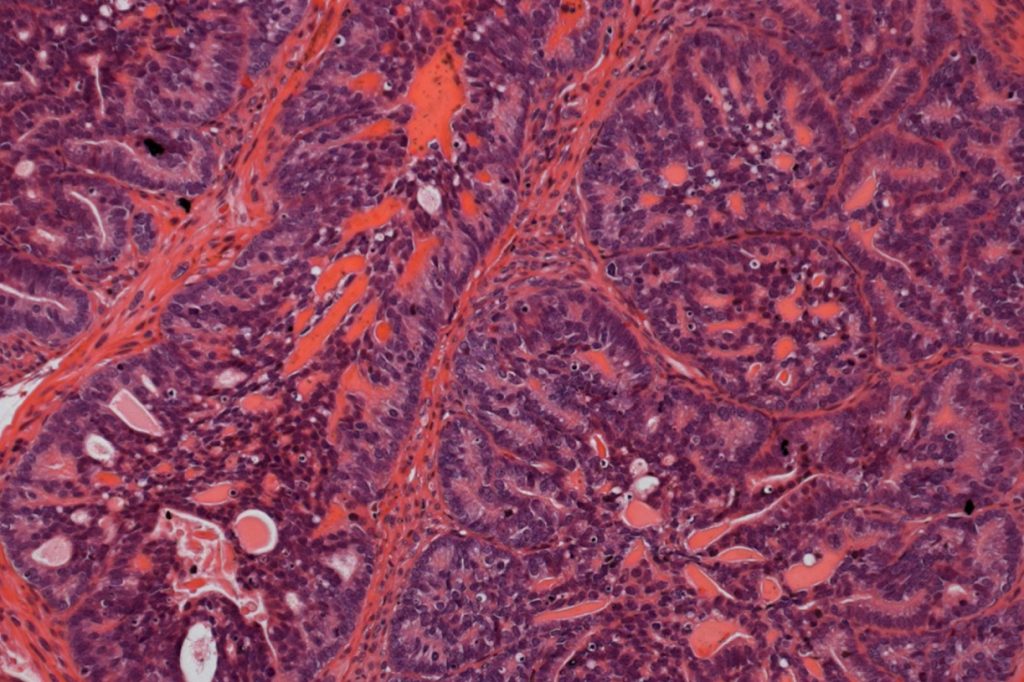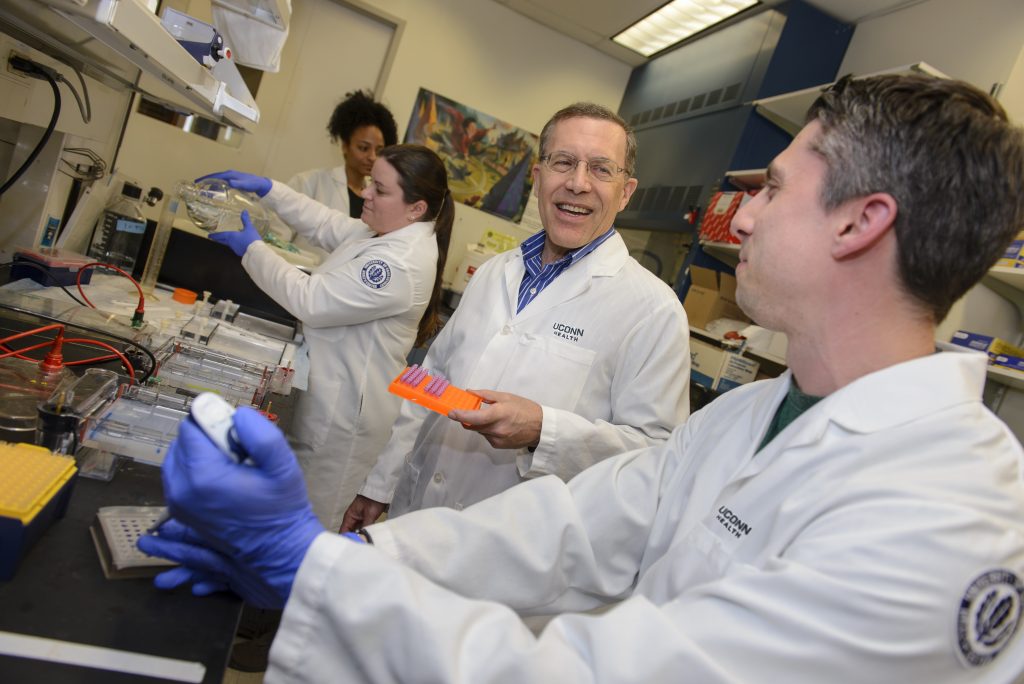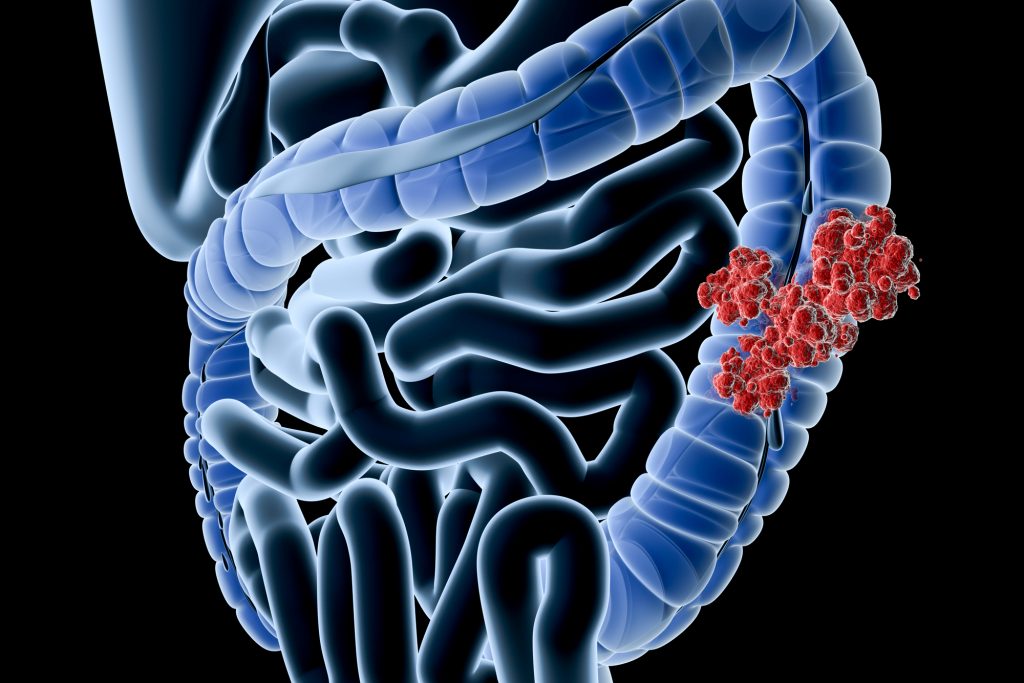Cancer
Ovarian Cancer Cells Hoard Iron to Fuel Growth
Researchers at UConn Health have found that iron may be playing a critical role in increased fatty acid synthesis in cancer.
August 15, 2018 | Kim Krieger
New Compound Helps Activate Cancer-Fighting T Cells
UConn researchers have identified mechanisms responsible for improved immune system activity, offering new approaches for more effective cancer treatments and vaccines.
April 2, 2018 | Colin Poitras
Higher Breast Cancer Risk in Western Parts of Time Zones. Is Electric Light to Blame?
On a societal level, position in a time zone affects how early a person must turn on the lights in the morning.
October 24, 2017 | Richard G. 'Bugs' Stevens, School of Medicine
Evidence Supports Link Between Breast Cancer, Light Exposure at Night
Artificial light has transformed the night sky, a change researchers continue to link to health problems.
August 28, 2017 | Richard G. 'Bugs' Stevens, UConn Health
A Better View of How Tumors Form in the Eye
UConn Health neuroscientists believe they are closing in on an explanation for the reason our corneas, the transparent layer that forms the front of our eyes, have a natural ability to prevent the formation of tumors.
May 10, 2017 | Chris DeFrancesco '94 (CLAS)
Melanoma’s Signature
On Melanoma Monday, UConn Health dermatologist Sam Dadras discusses his research, which found a molecular signal that could distinguish which skin cancers need more aggressive treatment.
May 1, 2017 | Kim Krieger
Mark of Malignancy Identified in Prostate Cancer
Researchers at UConn Health have identified a protein that appears to indicate how aggressive a prostate cancer will be, potentially leading the way to new treatments.
March 30, 2017 | Kim Krieger
Scientists Pave Path for Tackling Rare Cancers Without Effective Treatments
Genomic analysis is opening the doors to diseases that could never have been understood through traditional biomedical research because there simply aren’t enough patients to observe.
March 23, 2017 | Lauren Woods
Colonoscopy Just the Start in Preventing Colorectal Cancer
Research at UConn Health has uncovered predictors of the development of polyps that can lead to colorectal cancer.
March 23, 2017 | Chris DeFrancesco '94 (CLAS)
UConn Health Physician is US Lead on ‘Smash Childhood Cancer’
Pediatric cancer researcher Dr. Ching Lau is spearheading IBM's global crowdsourcing research effort to find new treatments for childhood cancer in the U.S.
January 31, 2017 | Lauren Woods









